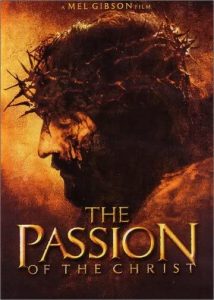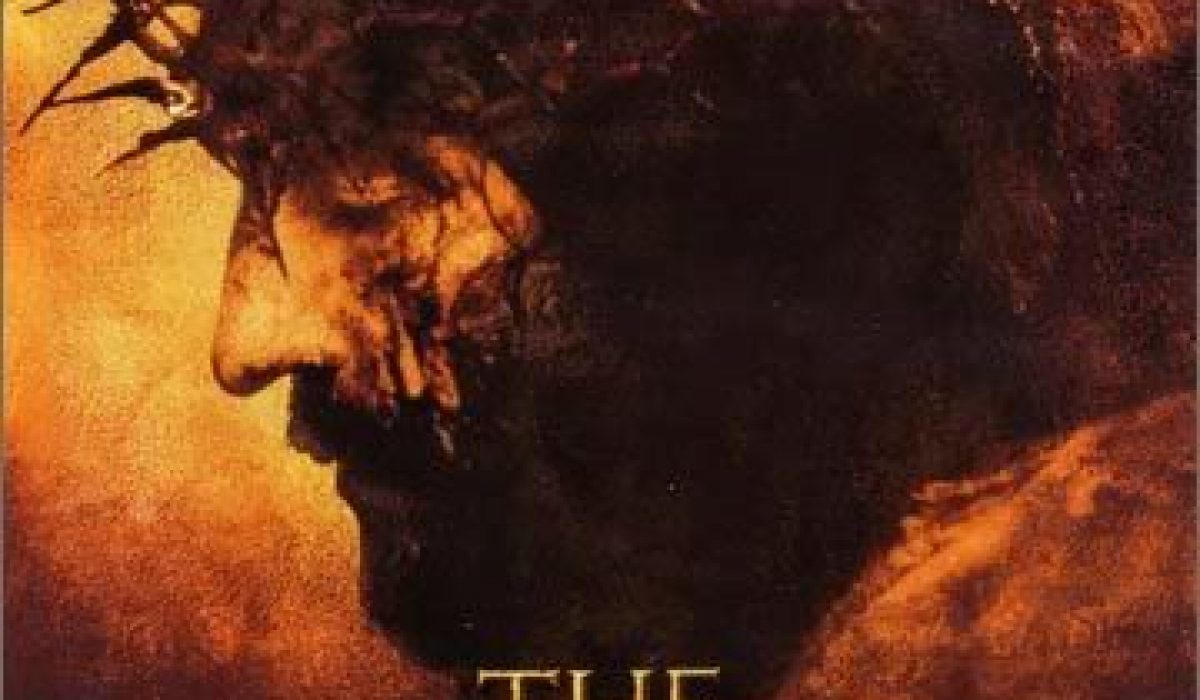Even when biographical in nature, a movie is, by nature, an interpretation of the truth. That is, whatever truth the visionaries behind the telling of the tale wish to share. The same story told from different perspectives becomes a different story.
Why then is there such an uproar over the Mel Gibson movie, “The Passion?”
Forgetting for a moment the understandable news cycle that hit late last week when the Vatican went public to diffuse a supposed endorsement of the movie the Pontiff didn’t make, people are talking about this movie as if it’s the most controversial piece of art ever released.
From my understanding, Mel Gibson takes his personal views as a very fundamentalist type Catholic and uses his own rose colored glasses in that regard to shape the story of the final hours of Jesus on Earth. If I’m not mistaken, Gibson has the artistic license to interpret his source material any way he chooses. And it’s obvious to anyone who knows anything about history that this particular piece of source material has been interpreted with artistic license by people for centuries.

The criticism seems to center around Jews being portrayed less than sympathetically, or in fact directly responsible for the circumstances surrounding the crucifixion.
Yeah? So?
“The Passion” is not a documentary. In fact, if anyone claims to know precisely what happened during the days and hours leading up to the crucifixion, they’re flat out lying. Although considered by many to be written through divine inspiration, it is indisputable that the book that we know today as the Bible isn’t precisely the same account of history as it stood nearly 2000 years ago.
There is no fundamental difference between the story of Jesus as told by Mel Gibson and the story of Erin Brockovich as told by Steven Soderbergh. In both cases, you have a semi-fictionalized story surrounding well-known events and people. Artistic license for dramatic effect is going to be taken. And people need to live with that.
If you don’t like what Mel Gibson’s view of the crucifixion means to you and your people, don’t pay money to go see his movie.
Even when biographical in nature, a movie is, by nature, an interpretation of the truth. That is, whatever truth the visionaries behind the telling of the tale wish to share. The same story told from different perspectives becomes a different story.Why then is there such an uproar over the Mel Gibson movie, “The Passion?”Forgetting for a moment the understandable news cycle that hit late last week when the Vatican went public to diffuse a supposed endorsement of the movie the Pontiff didn’t make, people are talking about this movie as if it’s the most controversial piece of art ever released.
From my understanding, Mel Gibson takes his personal views as a very fundamentalist type Catholic and uses his own rose colored glasses in that regard to shape the story of the final hours of Jesus on Earth. If I’m not mistaken, Gibson has the artistic license to interpret his source material any way he chooses. And it’s obvious to anyone who knows anything about history that this particular piece of source material has been interpreted with artistic license by people for centuries.The criticism seems to center around Jews being portrayed less than sympathetically, or in fact directly responsible for the circumstances surrounding the crucifixion.Yeah? So?“The Passion” is not a documentary. In fact, if anyone claims to know precisely what happened during the days and hours leading up to the crucifixion, they’re flat out lying.
 Although considered by many to be written through divine inspiration, it is indisputable that the book that we know today as the Bible isn’t precisely the same account of history as it stood nearly 2000 years ago.There is no fundamental difference between the story of Jesus as told by Mel Gibson and the story of Erin Brockovich as told by Steven Soderbergh. In both cases, you have a semi-fictionalized story surrounding well-known events and people. Artistic license for dramatic effect is going to be taken. And people need to live with that.If you don’t like what Mel Gibson’s view of the crucifixion means to you and your people, don’t pay money to go see his movie.
Although considered by many to be written through divine inspiration, it is indisputable that the book that we know today as the Bible isn’t precisely the same account of history as it stood nearly 2000 years ago.There is no fundamental difference between the story of Jesus as told by Mel Gibson and the story of Erin Brockovich as told by Steven Soderbergh. In both cases, you have a semi-fictionalized story surrounding well-known events and people. Artistic license for dramatic effect is going to be taken. And people need to live with that.If you don’t like what Mel Gibson’s view of the crucifixion means to you and your people, don’t pay money to go see his movie.




